A separation or divorce is a stressful and emotional phase of life not just for the separating couple, but everyone involved. The divorce can often make children feel vulnerable as well as making them feel that their world has been torn apart. Children, depending on their age may not be able to express their feelings effectively.
If the process turns out to be acrimonious and hostile, children may end up being dragged into the marital dispute and may be used as a bargaining tool. It has been known to cause mental and psychological harm to children.
Parents should, therefore, ensure while they are going through a divorce they are able to physically and emotionally support their children through the process.
Discussing your divorce with your children
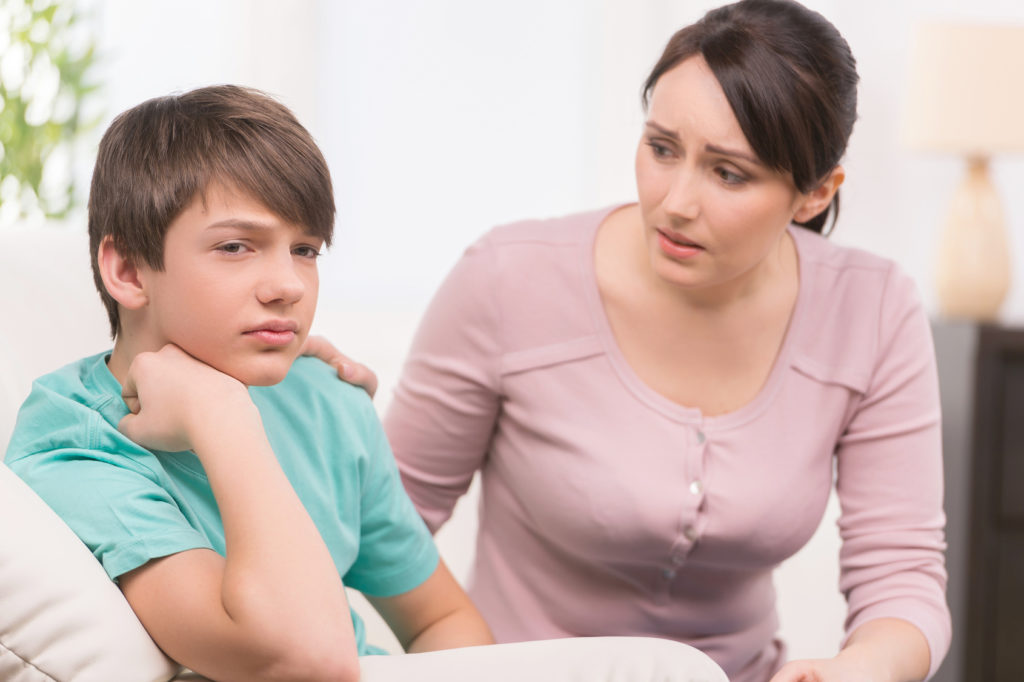
Source: fcsn.org
First things first, no matter what your relationship with your spouse is, you both need to keep the kids safe. Separating parents should plan carefully about how to break the news to their children and when they will be telling them. They should attempt to discuss their divorce with their children together which could help them feel at ease and help them in understanding that both parents will always be there for them.
It is important to note that children will often find it difficult to understand some complicated words, they should, therefore, be provided an explanation of the divorce in a simple and straightforward manner. Keep the conversation informal, and if possible don’t argue in front of kids.
If one parent is to leave the family house then children should be made aware of this as well as being reassured that regardless of the situation they will always be loved. Plan ahead before you break the news and take any action. Everything needs to look and feel secure for the kids to get over it quickly.
Reassure your children they remain loved

Source: kid101.com
Children often feel they are not loved by their parents following their divorce, such feelings are more can be more evident especially if one parent is no longer to live with them and will stop visiting them. Also, they may often believe that somehow they are to blame for the divorce or separation which leads to a change of behavior.
Mom and dad should explain to their kids that they will keep in touch for their own sake and that they will remain friends. Quite often simple things such as putting up a schedule, a reminder, a calendar or a timetable will help kids feel reassured that they will have the opportunity to spend quality time with both parents.
Encourage your child to communicate
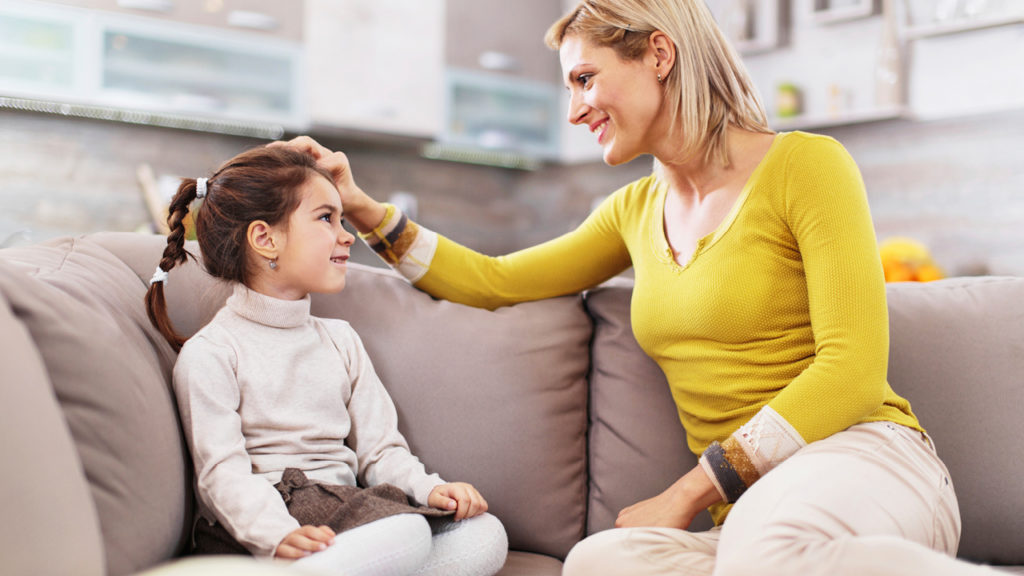
Source: nm.org
Children can often isolate themselves after the divorce which could cause psychological and emotional harm. They might not desire to express their feelings or vent out any anger they have. That is why maintaining a healthy conversation with your kid is essential.
This often gives children a sense of control and empowerment and can help them ease any feelings of anger and frustration they may have. Just as adults find talking to people often makes them feel better, the same rule applies here. No matter how young or old, kids should have a support network through other relatives, friends, or any kind of creative work such as drawing, painting, playing music, etc.
Be supportive of your children
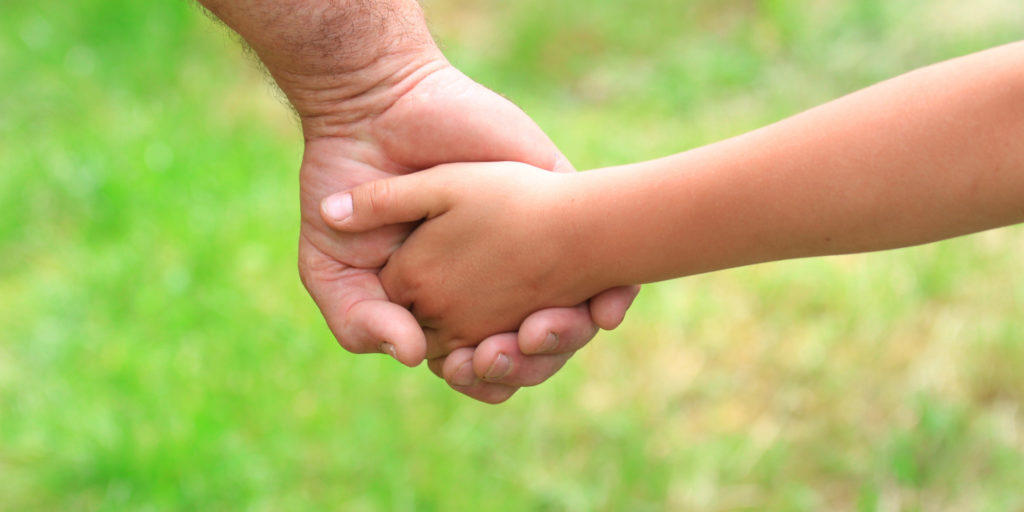
Source: pinterest.com
Family Solicitors at Kabir Family Law have witnessed that during a divorce, children can act up, feel withdrawn or regress. This could lead to children them acting out or misbehaving.
These changes are normal and acceptable, but it is important that you behave responsibly for their sake. They usually need more time to understand and digest what is happening. A child can cope and heal better from the impacts of divorce by frequent and regular communication. You should plan some family activities or days out for children. Keeping the regular schedule is something that can show kids that everything will be alright.
Keep child up to date with changes surrounding their living

Source: sciencenews.org
Children should be updated regularly in relation to changes that will affect their daily life. This includes providing them to notice if one parent is to leave the matrimonial home. They may benefit from being able to visit what they will see as their second home and to know where they will sleep when they visit. Involving them in the process of moving out and allowing them to help to furnish their second home and second bedroom may prove to be exciting for them. This would also allow the children to feel loved knowing that parents are ensuring they are involved in the process of them separating.
Consider being flexible with child contact and visitation
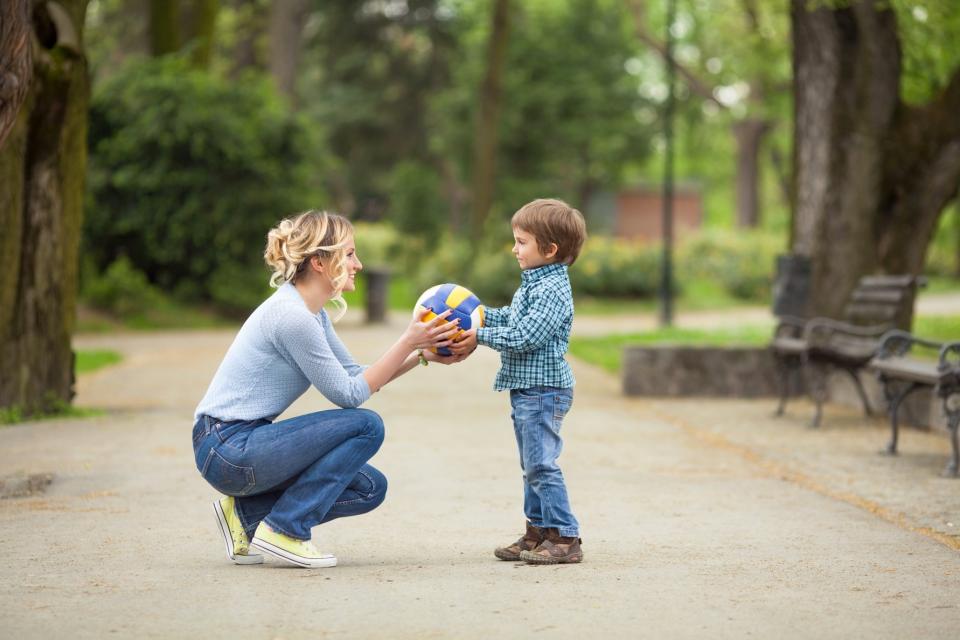
Source: ourfamilywizard.com
After a divorce, it might take some time for both parties to get their lives in order, especially if one person is moving to a new apartment. No matter how bad your divorce was, you should keep things as civil as possible and have respect and understanding for your former partner. Don’t talk poorly about them in front of the kids or to other friends when your children are around. Remember there may be a time when you may need to change child contact for your personal reasons, and by you being supportive and flexible may lead to your former partner understanding you and assisting you when it matters.
Aim for peaceful transitions

Source: araglegal.com
When parents drop off or collect children from a contact session they should attempt to be as amicable and peaceful as possible. Children can often sense and understand the stress and tension between parents which can lead them to become anxious themselves.
Despite your personal differences and your reasons for divorcing you should remain civil for everyone’s sake.
Show your children you are happy for them to spend time with both parents
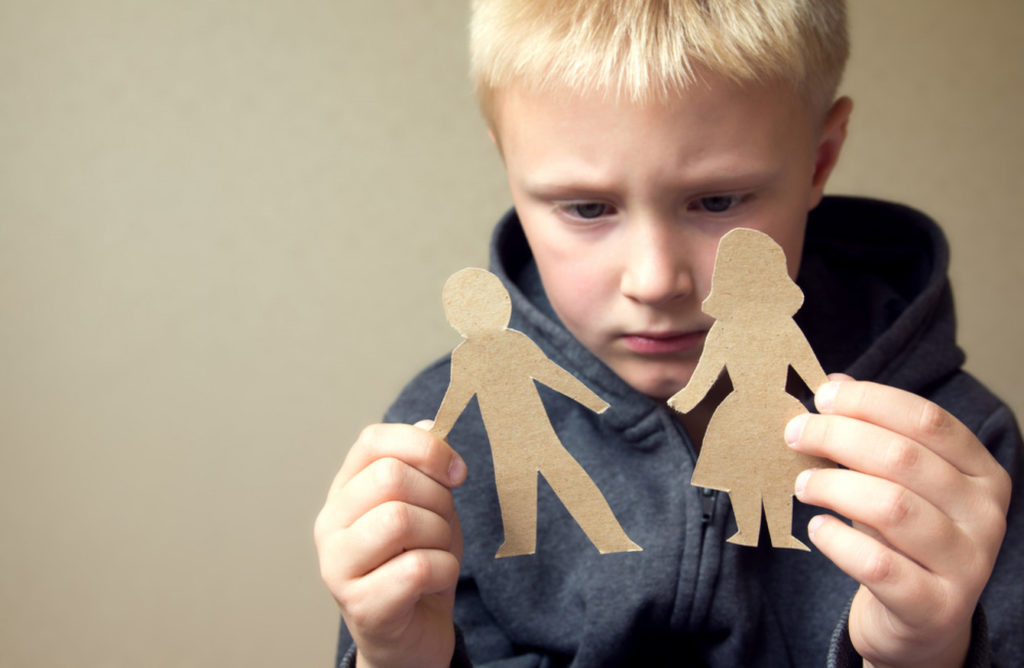
Source: thejournal.ie
The most important thing here is to spend as much quality time as possible. Even though you are separated, the kids still consider everyone a family. So, try gathering often at least for an hour or two and show them that you can do this together and that no matter what happens they have your utmost support.


















